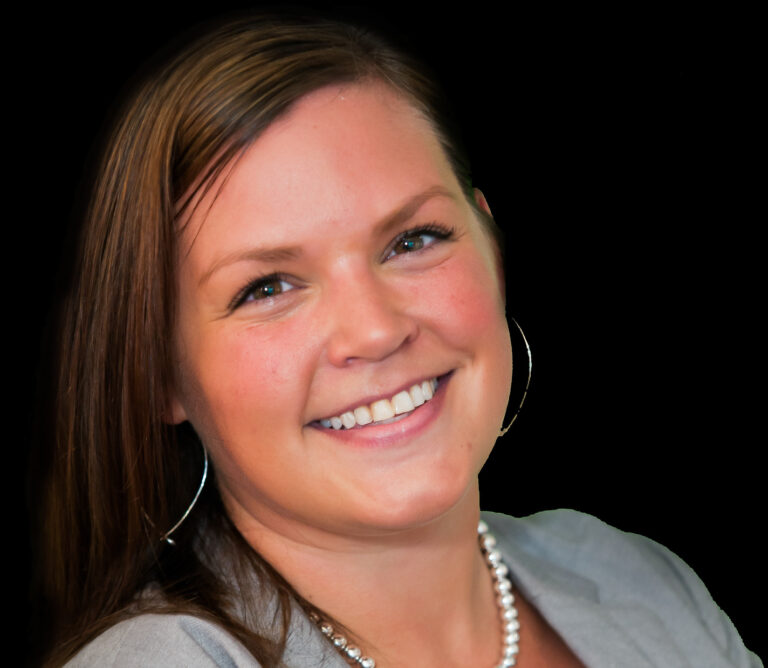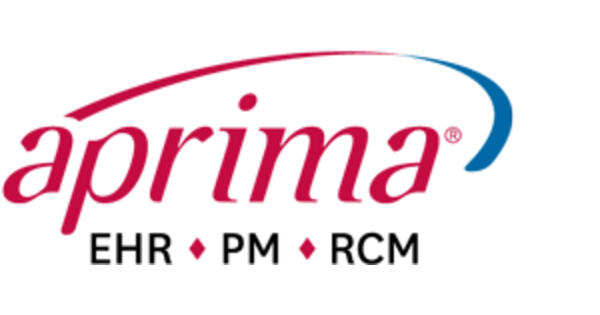
Discover BECC’s Secret to Patient Reactivation & Impressive ROI
Bellaire Eye Care Center (BECC) out of Houston, Texas boasts a stellar reputation in the ophthalmology world. Under the helm of decorated neuro ophthalmologists Rosa Tang, MD, MPH, MBA and Elba Fernandez, OD, BECC promises only the best ophthalmologic care, with its staff continually training on the most advanced, state-of-the-art procedures and treatment strategies to ensure the best care. In January 2023, BECC took the patient-first mentality to the next level when they partnered with Privia Health, a management company that aims to provide tools and technology to improve practice efficiency and maximize profits. This partnership allowed BECC to update its practice management system (PM) and other software to provide more efficient solutions.
Bellaire Eye Care joined Brevium in January 2021 after the Academy of Ophthalmology alerted Dr. Tang to Brevium’s one-of-a-kind software that specializes in reactivating lost patients. Recognizing the software’s value, Dr. Tang decided to join Brevium—a decision that proved crucial for the success of her practice as she faced challenges down the road.
PRACTICE CHALLENGES & RESULTING OPPORTUNITIES
BECC’s main challenges can be separated into three categories: data migration, strategic targeting and patient outreach. When Dr. Tang simultaneously moved practice locations and management systems, she had a difficult time migrating all of her patient data. “Brevium helped us on the transition of moving our old records to the new database with the feature called a Stitch,” said Dr. Tang. “That helped us a lot because we would have probably lost a great number of patients.” Before Brevium Stitch, BECC could only recover patient names and demographics. With the Brevium Stitch, Dr. Tang was able to access additional features to complete patients’ medical records, including disease profile, appointment history and billing history. This vital information also helped Dr. Tang combat the challenge of knowing which patients to reactivate and when. With the diagnosis codes, she was not only able to fill her schedule with patients simply overdue for care, but also reach out according to the disease and its severity.
After BECC switched locations, notifying patients that they had moved became a challenge, which especially applied to the inactive patients returning for appointments. Using a combination of autocalls, texts and emails, BECC was able to notify these inactive patients of important information and updates concerning location changes, treatment plans, appointment reminders, and more. These contact methods, especially autocalls and texts, also allowed flexibility for not only when BECC sends the message, but also when the patients can answer or respond. Before Brevium, Dr. Tang said that staff calls were the only reactivation plan. She explains, “[Staff] calling only happens from 9 a.m. – 4 p.m. or 8 a.m. – 5 p.m. and no one answers because they are at work. And that didn’t work in a lot of ways because I had to get somebody to work in the evenings to call people because that’s when patients were able to answer their phones.”
HOW BREVIUM HELPS WITH RESEARCH OPPORTUNITIES
Beyond using Brevium to simply reactivate lost patients, Dr. Tang discovered an opportunity to use Brevium to support her research efforts. Dr. Tang found she was able to use Brevium to single out inactive patients that would benefit from her clinical trials—patients who have long sought cures for their conditions. “Brevium is great for anyone that is doing research too… and your own database is absolutely the best way to get patients to come for studies,” said Dr. Tang. “They already know you—you don’t have to sell them anything. They are willing because they’ve been in your practice a few times and are interested in doing this.”
Despite some of these patients going years without additional treatment, Dr. Tang found massive success using Brevium’s software to mine the practice’s database for patients based on diagnosis codes. Upon viewing the results, Dr. Tang found that the majority of her inactive patients had the contact information and hadn’t switched doctors. She was then able to contact these patients to receive further treatment and participate in groundbreaking trials. More recently, Dr. Tang conducted trials for thyroid eye disease patients, and was able to find, contact and reactivate patients that fit the bill. She estimates that around 90 percent of her trial subjects were found by Brevium. This ability helps cut down on unnecessary time and energy trying to find the right patients for studies, and instead helps the process flow more efficiently. To this regard, Dr. Tang noted, “I don’t see any other system that can really navigate databases as well as Brevium does.”
CONCLUSION
Since BECC first implemented Brevium in 2021, the practice has seen tremendous results. According to Brevium reports, this two-provider practice had 1,226 inactive patients schedule appointments after enacting Brevium’s outreach strategies. They also currently have a 54.5x return on investment, meaning for every dollar BECC pays to Brevium, they receive $54.50 in return. Moving forward, Dr. Tang and her associates at BECC plan to keep utilizing Brevium’s unique software to fuel their reactivation efforts. “The ability to reach a patient to come back is translated in dollars. That would be a visit that we wouldn’t have,” explained Dr. Tang. “We’ve had great success with Brevium. Most of us [providers] don’t realize the goldmine that we have in our own database. With Brevium, we now recognize that.”














